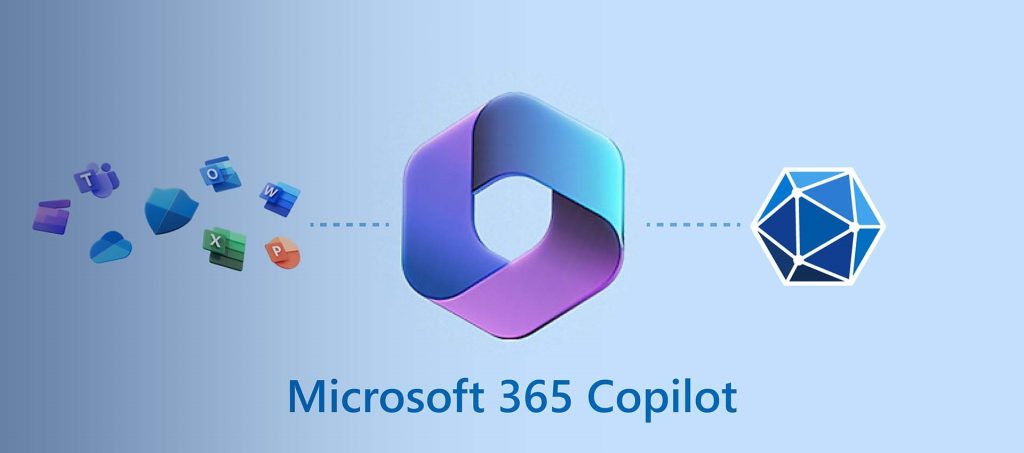Understanding ROI in the context of Cloud ERP
Return on Investment (ROI) is a crucial metric for businesses to evaluate the profitability and success of their investments. When it comes to Cloud Enterprise Resource Planning (ERP) systems, understanding how ROI is achieved becomes even more important. Cloud ERP is a powerful tool that enables organizations to streamline their operations, improve efficiency, and drive growth. In this section, we will explore the concept of ROI in the context of Cloud ERP and how it can benefit businesses.
Cloud ERP offers businesses a unified platform that combines different operations like finance, HR, supply chain management, and customer relationship management. By harnessing the power of cloud technology, companies can conveniently access their ERP system from any location, at any time, using any internet-connected device. This adaptability and accessibility enhance productivity and efficiency, resulting in a favorable return on investment (ROI).
Automation and consolidation in Cloud ERP
Cloud ERP relies heavily on automation to enhance ROI. By automating tedious and time-consuming tasks, enterprises can allocate resources more effectively to strategic endeavors. An illustration of this is the automation of invoice generation, inventory management, and payroll processing through Cloud ERP. This not only minimizes the chances of errors but also boosts the efficiency and precision of these operations. Consequently, employees can dedicate their time to more valuable responsibilities like data analysis, informed decision-making, and fostering innovation.
Cloud ERP’s consolidation feature plays a vital role in maximizing ROI. In the past, organizations used to handle multiple systems and databases separately, which resulted in data silos and inefficiencies. However, Cloud ERP eradicates these silos by offering a unified platform. This consolidation allows access to real-time, accurate data throughout the organization. By centralizing all data, businesses can enhance decision-making, foster collaboration among teams, and eliminate redundant processes. Consequently, organizations can achieve substantial cost savings and operational efficiencies, ultimately leading to a higher ROI.
How Cloud ERP delivers ROI through automation & consolidation
Cloud ERP provides a variety of automation features that can yield a significant return on investment. Among these capabilities is the automation of financial processes, where tasks like invoice processing, payment reconciliation, and financial reporting can be streamlined. Through the elimination of manual data entry and the reduction of error risks, businesses can experience substantial time and cost savings. This improved efficiency enables finance teams to dedicate more attention to strategic activities, such as analyzing financial data and offering valuable insights to foster business expansion.
Cloud ERP provides a significant return on investment (ROI) through automation in the realm of supply chain management. By automating crucial processes like order fulfillment, inventory management, and demand forecasting, businesses can enhance their supply chain operations. This optimization leads to cost savings and increased customer satisfaction by reducing lead times, minimizing stockouts, and improving demand planning accuracy. Moreover, automation grants real-time visibility into the supply chain, empowering businesses to make data-driven decisions and promptly adapt to market fluctuations.
On the other side, the consolidation capabilities of Cloud ERP provide businesses with several advantages and contribute to a favorable return on investment (ROI). A significant area where consolidation adds value is in customer relationship management (CRM). Cloud ERP systems combine CRM functionalities, allowing organizations to gain a holistic understanding of their customers. This consolidated data empowers businesses to comprehend customer preferences, analyze purchasing trends, and personalize marketing strategies. By enhancing customer engagement and loyalty, businesses can increase revenue growth and attain a greater ROI.
Streamlining human resources (HR) processes is greatly aided by consolidation. Cloud ERP systems integrate various HR functions, including payroll, attendance management, and employee onboarding, onto a unified platform. This consolidation eliminates the necessity for multiple HR systems, minimizes administrative work, and enhances data accuracy. Through the automation of HR processes and the provision of self-service options to employees, businesses can achieve cost savings, boost employee satisfaction, and improve productivity. These advantages directly contribute to a positive return on investment (ROI).
Case studies: Real-life examples of businesses unlocking value with Cloud ERP
Case Studies:
To demonstrate the effectiveness of Cloud ERP in generating return on investment through automation and consolidation, let’s delve into a few real-world instances where businesses have effectively harnessed the potential of this technology to unlock value.
Company ABC, a manufacturing company, adopted Cloud ERP to streamline its inventory management procedures. Through the utilization of the system’s automation features, they achieved notable reductions in stockouts and enhanced inventory optimization. Consequently, this led to cost savings, heightened customer satisfaction, and an increased return on investment (ROI).
Conclusion: Embracing the power of Cloud ERP for ROI
Cloud ERP is transforming the operations of businesses through the facilitation of automation and consolidation. Through the automation of repetitive tasks and the consolidation of data and processes, organizations can attain substantial cost savings, enhance efficiency, and foster growth. The practical instances explored in this article vividly illustrate the efficacy of Cloud ERP in generating return on investment by means of automation and consolidation.
To fully realize the benefits of Cloud ERP, companies need to adopt this technology and utilize its features to optimize their processes. This will enable organizations to thrive in a highly competitive market. Therefore, if you aim to maximize return on investment, enhance efficiency, and maintain a competitive edge, it is crucial to contemplate the implementation of Cloud ERP.

















